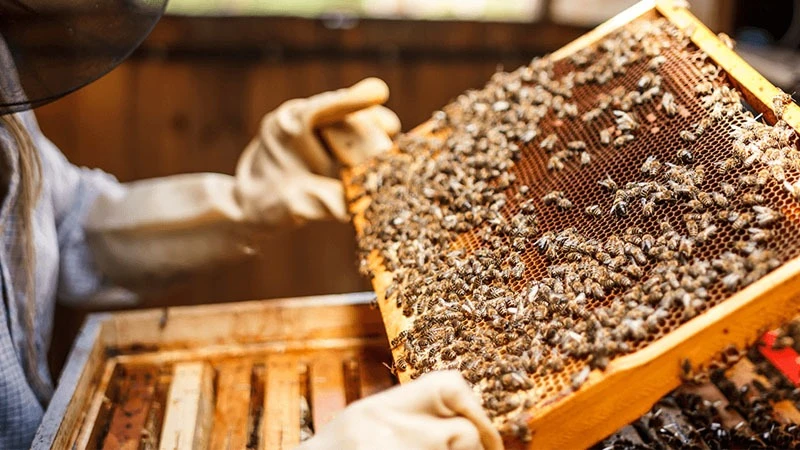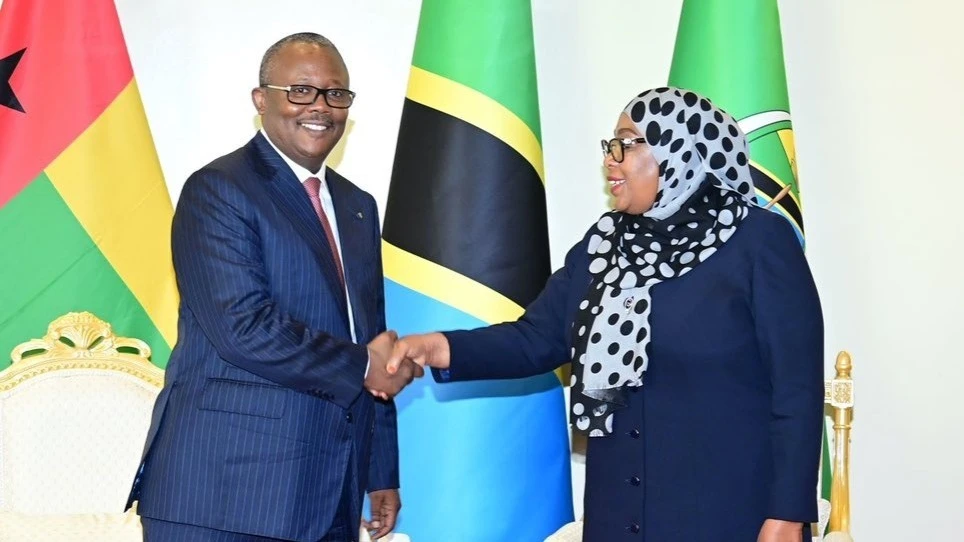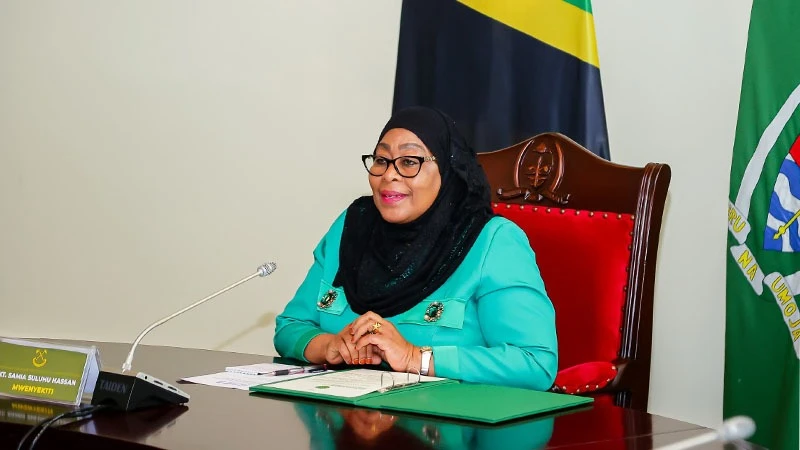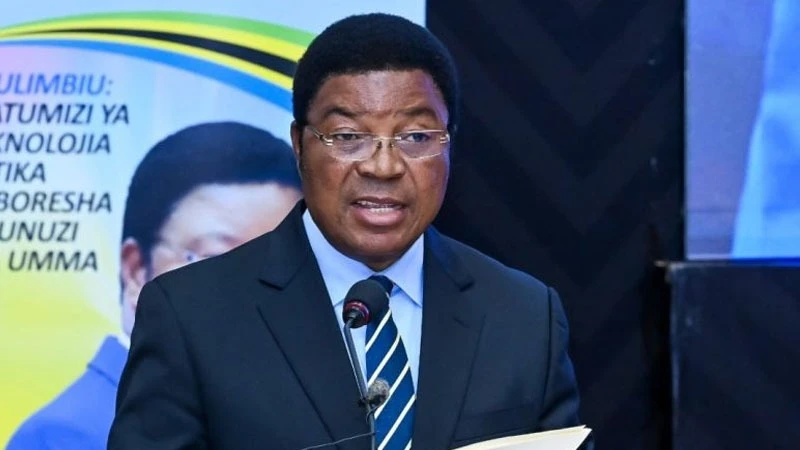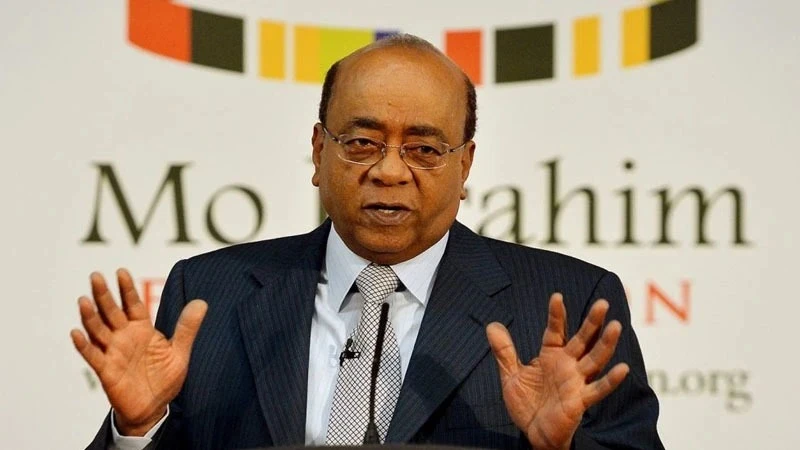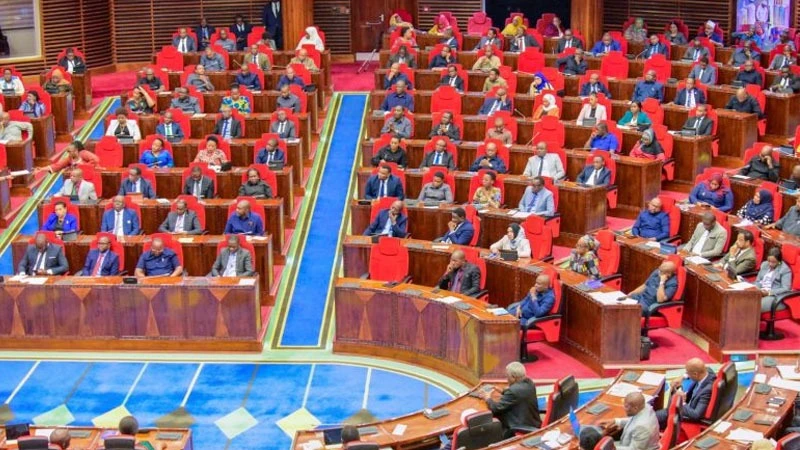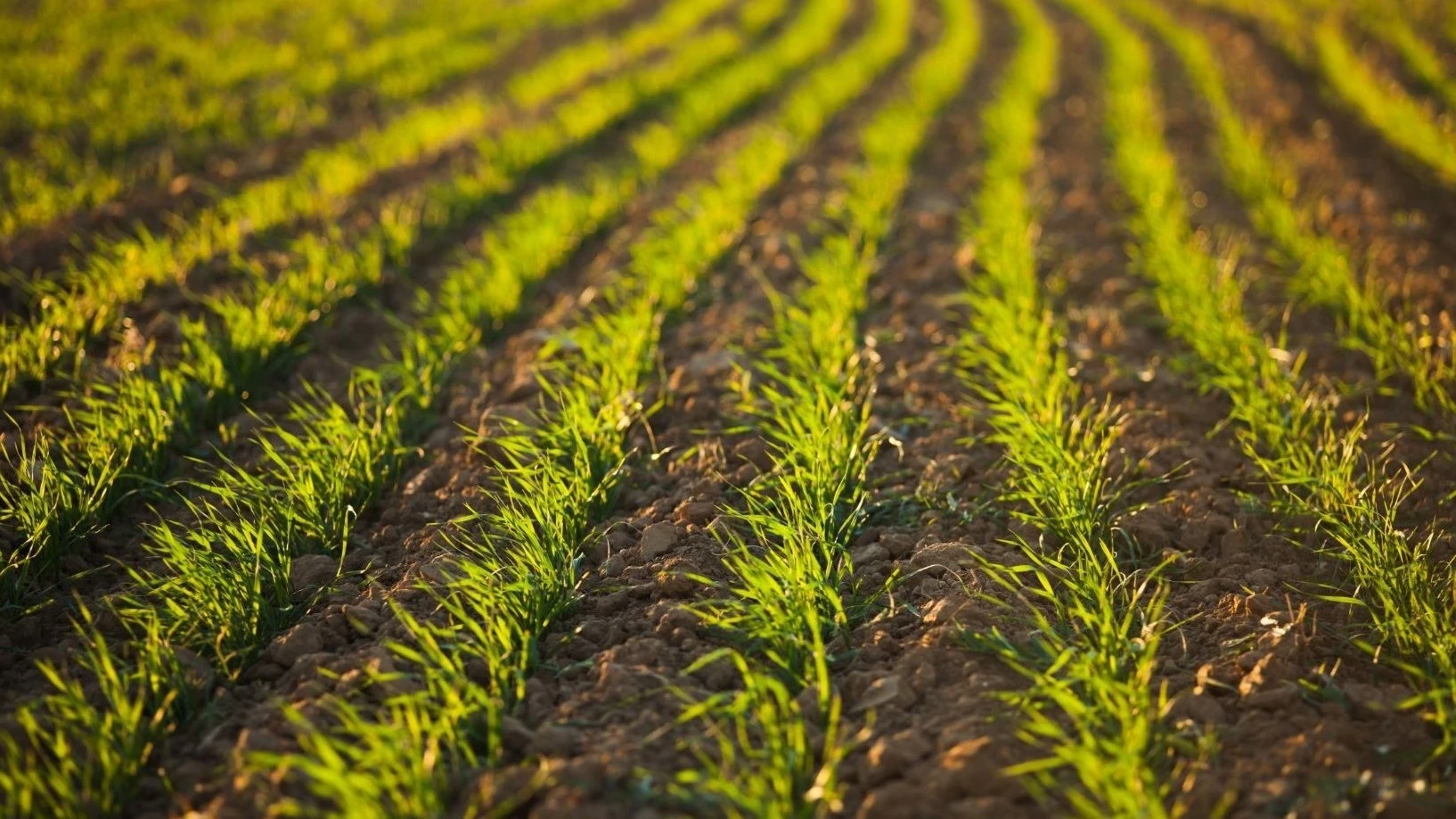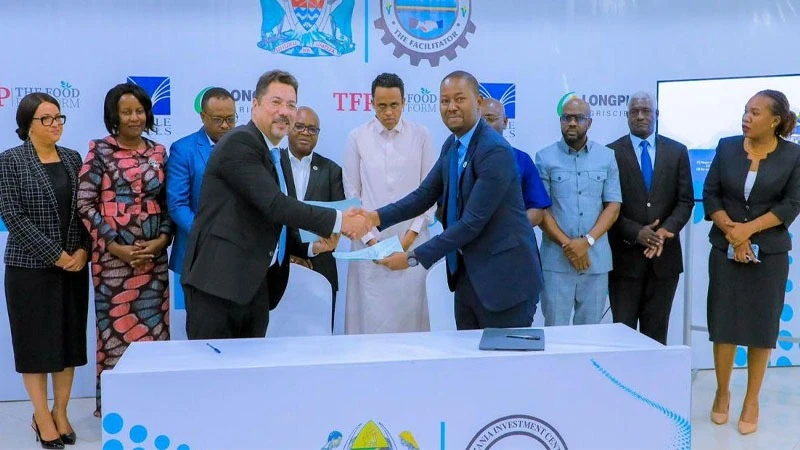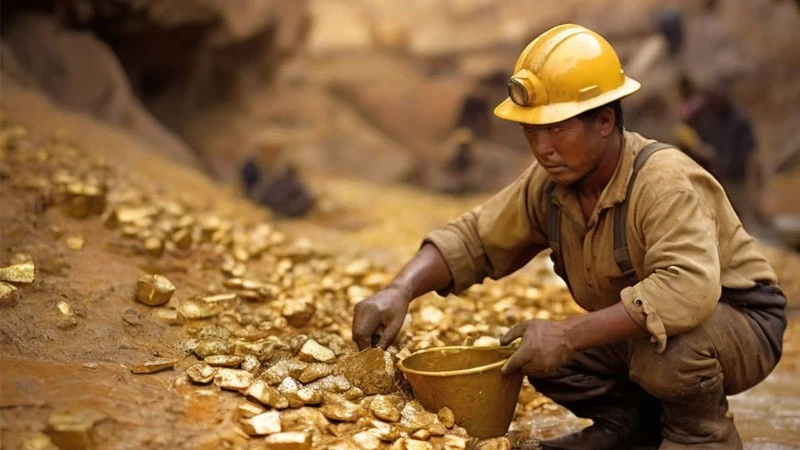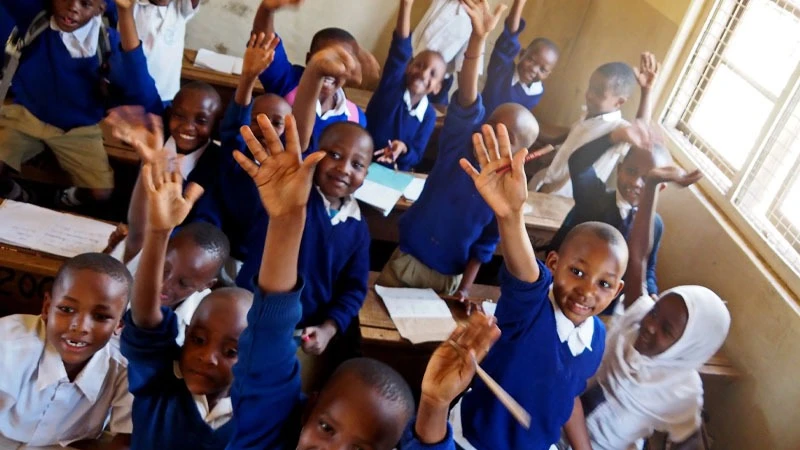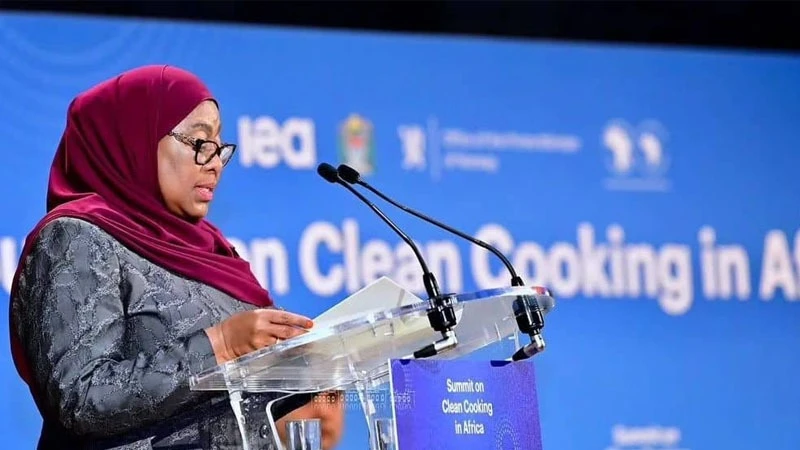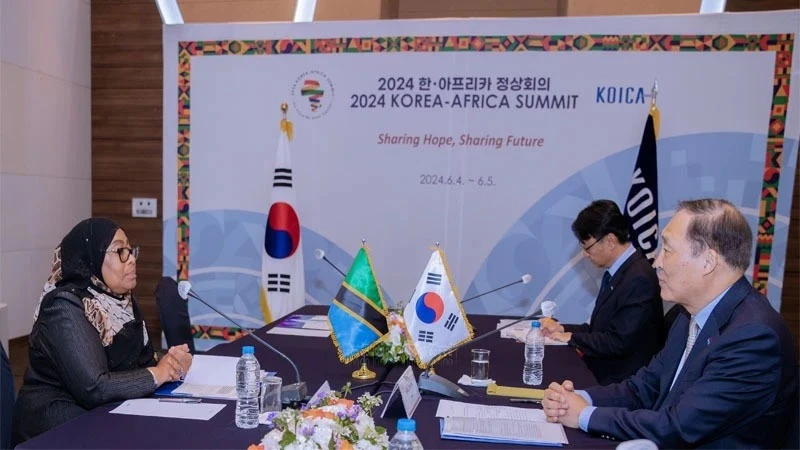UNICEF’s fear of rise in violence against children sure wake-up call
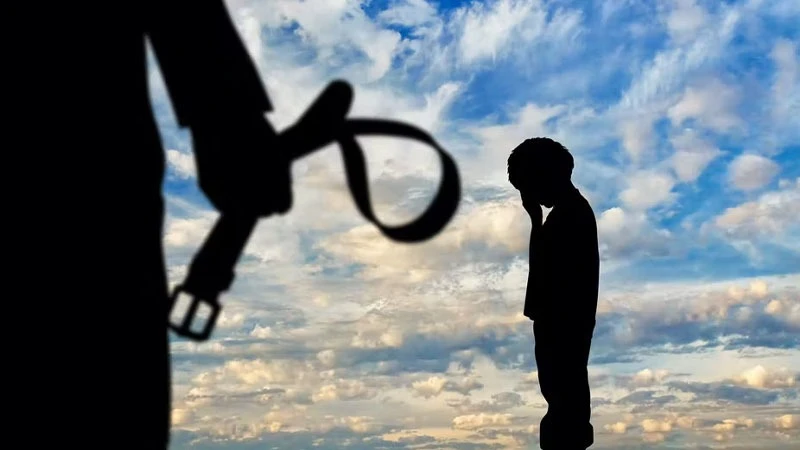
ACTIVISTS have lately issued alerts that violence against children in Africa’s central Sahel region surged dramatically in the last quarter of 2023.
Data collected by UNICEF in a survey focused on the restive countries of Mali, Burkina Faso and Niger indicate that incidents of gross violence recorded shot up by 70 per cent over the particular three months.
Instances of recruitment and use of children in armed groups along with killings and maiming of children more than doubled, this pointing to a worsening situation.
A UNICEF regional director for West and Central Asia underscored the need to arrest the distressing rise, focusing on the populations generally but children in particular, saying that civilians need protection from all forms of violence.
Those conducting research say that communities are caught up in fighting and badly need protection. It is complicated and tricky indeed deciding at what point civilians are participants in what is happening and at what point they are caught between two hostile forces, as both waves of violence are anchored in society.
The UN agency reports that far too many children are being affected by grave violations of their rights, including killings, abductions and recruitment by armed groups.
The moral of the story lies in the distinction between armed groups and children as well as, by extension, with civilians.
When UNICEF talks about the need to ensure the protection of children, it’s not quite clear who the target or addressee is. Even with that vagueness, though, children are an easy and clear target whenever society slides into civil war
Mwalimu JK Nyerere had occasion to answer a question in an appearance at the University of Dar es Salaam on why a students’ government was banned. He referred to some unseemly disturbances and then came up with the maxim “every country has a government it deserves”.
He meant that people might demand democratic treatment of communities while they themselves can’t even as much as raise a finger at their own modes of life, what they seek after and how such organisations weave into social fabrics.
Global democratic etiquette makes it impossible to single out modes of social organisation as a cause of the sort of disturbances and gross violations of human rights arising in such situations.
But it is impossible to remove violence in society unless what leads to that violence is also tackled – and that is why the market society is vital.
When people dissolve into vast markets where each one starts with a land quotient which can be exchanged for capital to restart in life and industry starts blossoming, people have other things to do. When they are idle and detest people driving flashy cars, trouble brews up.
Without reform, societies court strife – and communities detest reforms because outsiders will benefit by selling companies or land, the holy grail of traditional society.
And then when all this explodes, activists cry out for some foreign or alien standards at least for children and women, while they belong to the same violent mix.
One may wish or decide to dismiss that as an integral part of human nature, but then how many genuinely find the experience a tool for positive reform and self-advancement?
UNICEF has said it loud and clear. But how many will care to respond as expected?
Top Headlines
© 2024 IPPMEDIA.COM. ALL RIGHTS RESERVED






